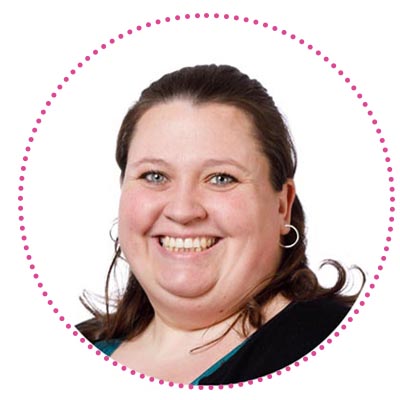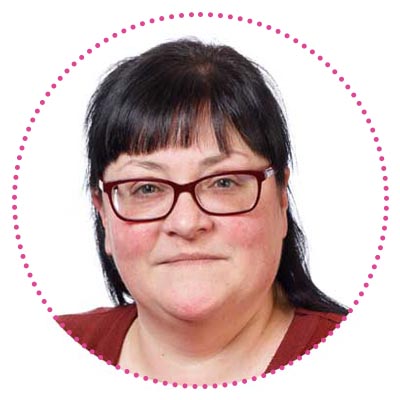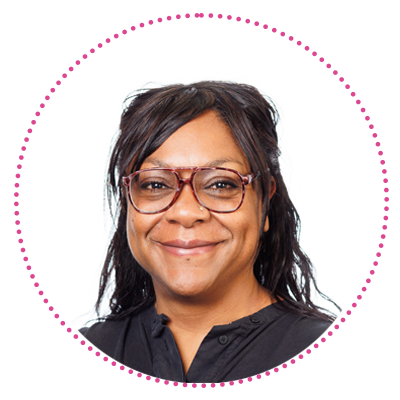FOCUS ON…

EARLY HELP AND CHILDREN’S SOCIAL CARE: WHAT HELP IS AVAILABLE TO YOU
In this edition around EARLY HELP AND CHILDREN’S SOCIAL CARE: WHAT HELP IS AVAILABLE TO YOU, we’ll look at:
- What is Early Help? – a guide to help you understand the basics of Early Help, and what this might include.
- When and How to Seek Early Help – understanding some likely signs that Early Help could benefit you, and how to access this.
- Children’s Social Care – understanding what these two spheres of support for families and children provide, and how they differ.
- Resources and Signposts – where to look for help, advice and guidance.
 WHAT IS EARLY HELP?
WHAT IS EARLY HELP?
Early Help is a term which describes any additional support which can be sought on top of regular education, benefits, emergency services and help from the NHS. Early Help can range in its services and support from Special Educational Needs and Disabilities (SEND) provision to financial advice, from parenting advice to bereavement support.
Let’s look at a few of the most common in a little more detail:
- SEND Support: If your child has a disability, or is struggling at school, then it is likely that some additional help is needed. This could be medical equipment, extra educational support or there may be play groups available for your child to attend. There may even be the possibility of financial help if you qualify for the Family Fund grant.
- Mental Health Counselling and Therapies: Early Help is a great place to access any mental help support which you, your child, or anyone else in the household may require. This could be to support you through a bereavement, to help the management of a past trauma, to support with the reduction of any substance misuse or to help with anxiety or depression concerns.
- Housing and Furniture: If you need support with council housing, or the council house you currently live in is in need of improvement or basic furnishings, then Early Help can help you to access any funding you are entitled to, or charitable organisations who can support you. They can also help you to contact the council if maintenance to the property is required.
- Financial and Legal Advice: Sometimes we can be in a difficult situation, and we don’t know where to turn. By reaching out to Early Help, you will be able to access the advice from the experts that you need.
- Parenting Advice and Support: Courses, workshops and support groups are all available to help you to effectively and positively deal with the difficult issues which we can all face as parents. Accessing these when and if needed, is a lifeline for many and often leads to improved relationships with our children, and happier family homes.
- Concern With Your Child’s Behaviour: This could be around school attendance worries, concerns with who they are mixing with and what they might be in involved in, how your child behaves at home or occasionally if your child is not coming home and is staying with friends without your permission.
 WHEN AND HOW TO SEEK EARLY HELP
WHEN AND HOW TO SEEK EARLY HELP
If ever you, your child or your family as a whole are feeling like things are a struggle, then seeking out Early Help is vital. Ultimately, the key goals of Early help are:
- To promote a child’s health, development, and safety by addressing any family difficulties early.
- To prevent family issues from escalating to the point where more intensive intervention may be needed.
- To empower parents with resources, guidance, and skills that support positive family dynamics.
So if you feel that you could benefit from any one of these aspects of Early Help, then you need to understand how you can access this support.
There are many avenues to Early Help, and some of the main routes are detailed below:
- Contact your GP: Your GP has access to your medical history and will be well placed to point you in the right direction for many concerns. However, this may not necessarily just be for mental or physical health reasons only. GP’s will have specific members at their practice who are trained in safeguarding and Early Help.
- Your child’s school: Your child’s school is a safe place where it is common for parents to have had a relationship with the staff over many years. This makes it an ideal place to seek support. Schools have trained members of staff who can liaise with you to develop an Early Help plan. School staff are well-placed to know about support in the local community and can help you to access this.
- The Early Help Support Hubs: These are designed to be a central place which can bring together the different strands of Early Help. You could be allocated a specific Family Support Worker to develop a plan of support with you, or you may simply be signposted to what could benefit you most.
- Citizen’s Advice: Citizen’s Advice is a long-trusted centre for general family advice and support. They can help with legal, financial and housing support, along with many other key areas.
Remember, getting help and support is nothing to be shy or embarrassed about! Everyone needs a little help sometimes, so reach out to those who are able to help you.
 CHILDREN’S SOCIAL CARE
CHILDREN’S SOCIAL CARE
- What is Children’s Social Care? – Children’s Social Care allows social workers to work alongside families and other agencies (such as health, law enforcement and education) to ensure that a child is cared for and that any harm that may be identified is eradicated. The government documentation and legislation around Children’s Social Care is designed to work alongside parents and carers to promote “the upbringing of children with their birth parents, or otherwise their family network through a kinship care arrangement, whenever possible and where this is in the best interests of the children” (Working Together to Safeguard Children 2023). Ultimately, it is in the best interest of the child to work with the parents or carers wherever possible.
- How it works – The social workers, family and the team of other professionals work together to establish an accurate picture of the child’s lived experience, and then work together to create an actionable plan which will improve this for the child. Review meeting will be planned to make sure that the items identified are being implemented effectively, and if not, what the barriers are to this. The aim is to work together to provide help and support to meet the needs of the children and to protect them from any maltreatment.
- Differences between Early Help and Children’s Social Care – When social workers become involved, this is statutory involvement. This means that either a parent or carer has approached Children’s Social Care themselves, or others have identified a concern. At this stage, involvement as a parent is a requirement. Consent from a child’s parents to involve Children’s Social Care is preferred, as any intervention works best alongside and with the full cooperation of the parents, however it is not necessary if there is a concern that the child might be suffering significant harm. The child’s welfare is the priority for all.
- Contacting Children’s Social Care – If you have a concern about a child’s welfare, then do not hesitate to contact your local Children’s Social Care services. You can do this by putting the child’s postcode into the website here: Report child abuse to a local council – GOV.UK. If you do not know the child’s postcode, then you can contact the NSPCC or the police. If you believe that the child is at risk of immediate harm, then don’t hesitate to call 999. Don’t forget, the safeguarding of children is everyone’s responsibility, and anyone can make a referral if they are concerned.
 SUPER RESOURCES FOR YOU USE AND TO SHARE
SUPER RESOURCES FOR YOU USE AND TO SHARE
- Hub of Hope – a website allowing you to explore some Early Help in your local area: Hub of hope
- NSPCC – specific support for parents: Support & advice for parents | NSPCC
- Young Minds – Early Help with mental health issues or concerns: Guide to early help and early intervention services | YoungMinds
- Citizen’s Advice – Citizens Advice
- Childline – information, advice and support for children – Childline | Childline
WHERE TO FIND SUPPORT
- The NSPCC – A range of information and support for parents in a variety of different areas (blogs, resources etc): Support & advice for parents | NSPCC
- Childline – Videos, information, message boards etc. Great for parent’s to use with children: Childline | Childline
- Barnardo’s – Information, tips, guidance and the ability to search for local support: I’m looking for support with being a parent or carer | Barnardo’s
- The Hub of Hope – A central place which brings together websites, who provide help and support across the UK: Mental Health Support Network provided by Chasing the Stigma | Hub of hope
- The Waiting Room – A central place which brings together websites, who provide help and support across Birimngham and Solihull: the-waitingroom.org
- BCC Family Hubs – Contact details for family hubs in Birmngham – places to access support: Birmingham Family Hubs | Welcome to Family Hubs | Birmingham City Council
- Birmngham Children’s Trust – Report a concern about a child’s welfare: Contact us | Birmingham Children’s Trust
- Women’s Aid – Support for women who are suffering from Domestic Abuse: Home – Women’s Aid
- Mankind – Support for men who are suffering from Domestic Abuse: ManKind Initiative – Supporting Male Victims of Domestic Abuse
- Karma Nirvana – support and information for victims of honour-based abuse (including FGM): Get help – Karma Nirvana
- Family Lives – Course, information, support lines, videos etc, all to help with issues which you might be dealing with in your family: Parenting and Family Support | Family Lives
- Young Minds – Find support for your child who is struggling with their mental health, or for yourself who is trying to deal with it Parents Mental Health Support | Advice for Your Child | YoungMinds
- UK Safer Internet Centre – Guides, resources and tips to help you manage your child’s online safety: Parents and Carers – UK Safer Internet Centre


 Lucie Welch – Adviser, Services For Education
Lucie Welch – Adviser, Services For Education Jo Perrin - Adviser, Services For Education
Jo Perrin - Adviser, Services For Education
 Marsha
Marsha 


